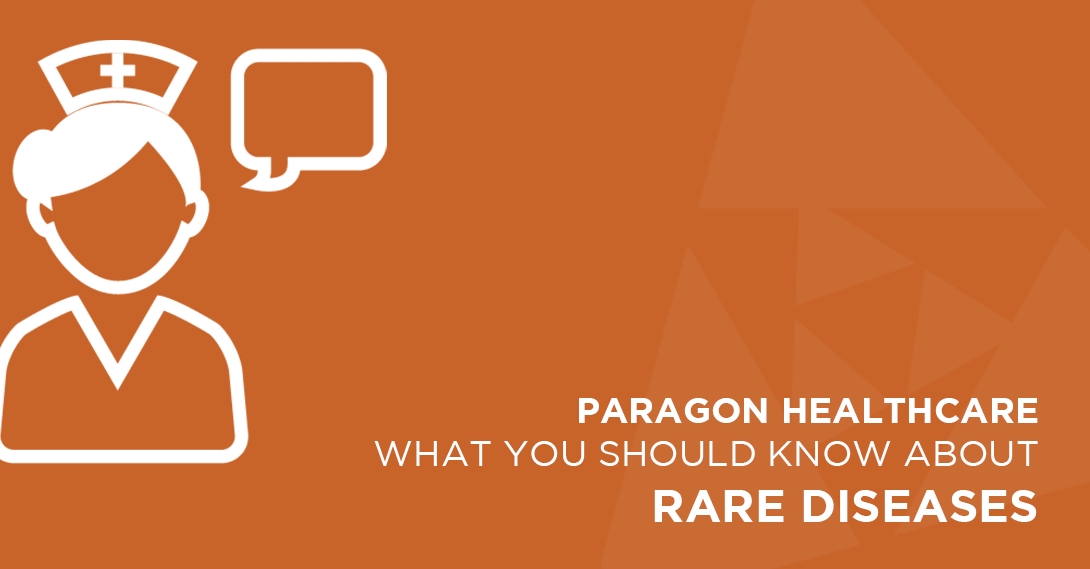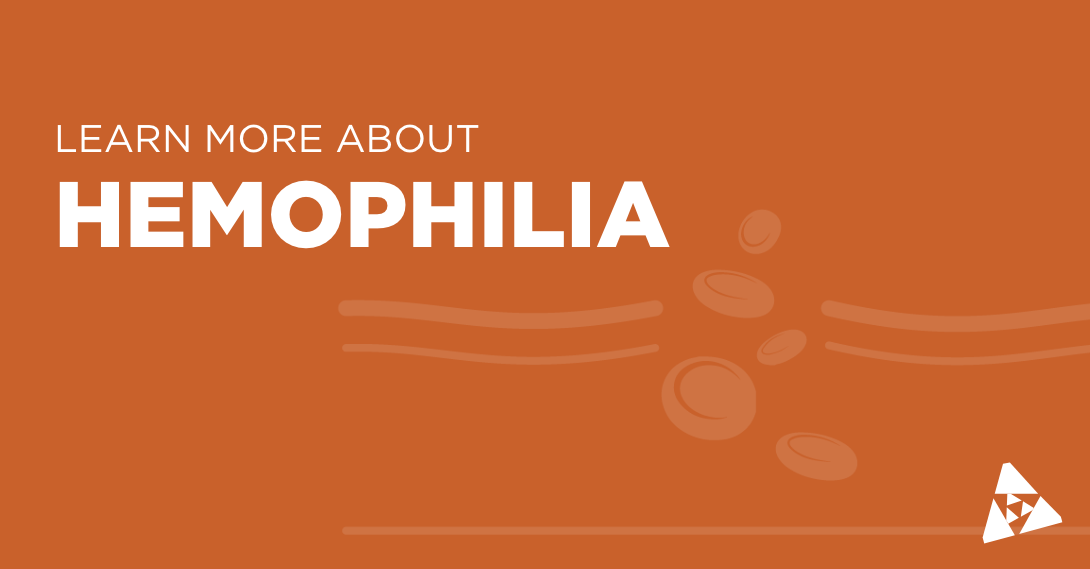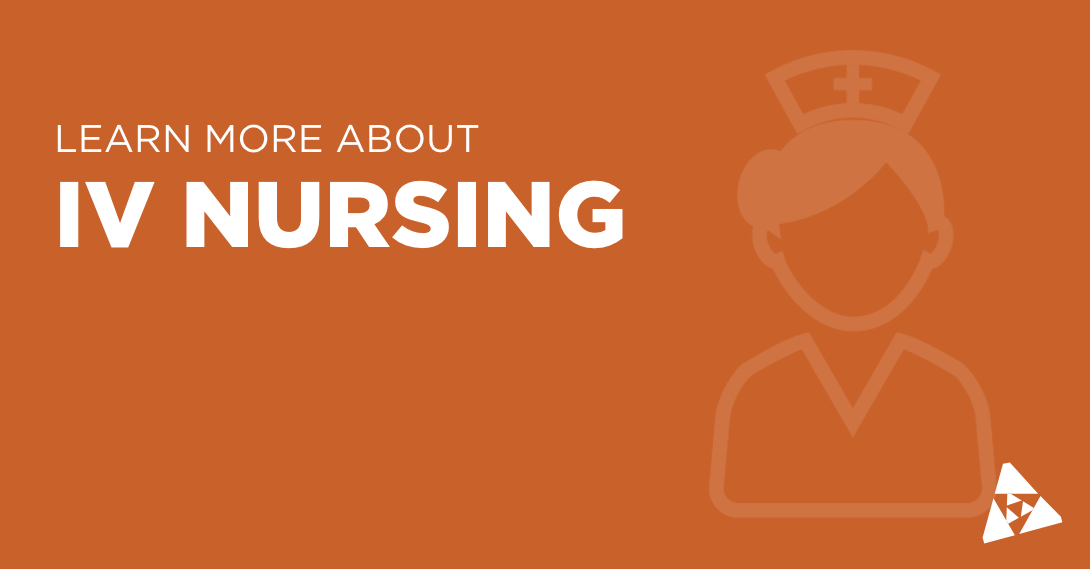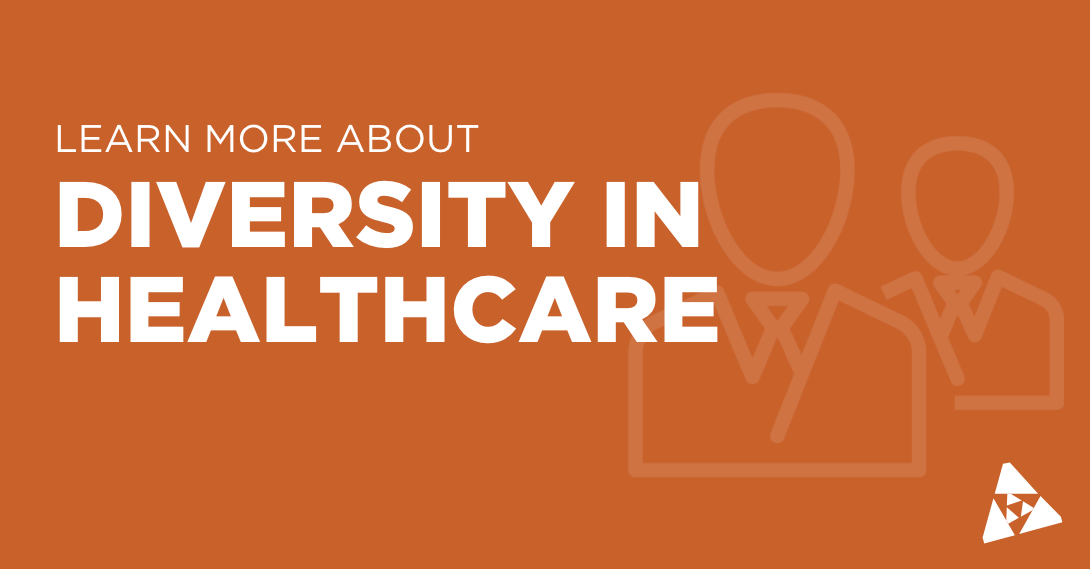Hemophilia is a disorder that affects your blood’s ability to clot. Read the full article to learn the challenges and solutions available to bleeding disorder patients and their families.

If you or a loved one have been diagnosed with a rare disease, we're here for you. We know that each person is impacted differently, and our heart is to see our patients overcome the challenges they face. Sharing what you know and raising awareness of your condition can help: It could encourage researchers and decision-makers to look at the specific needs of a rare disease population. So, what can you do to help raise awareness of your rare disease?
Teach people about your condition.
Talking about your condition may not always be easy, but speaking out can help others learn about it—including your friends, co-workers, or family members. Think about how you want to describe what you're going through (such as your daily symptoms) in the simplest way possible. Explain what others could do to help you if you needed it and encourage them to ask questions. Rare diseases sometimes have long names that are hard to understand or pronounce. You might want to carry small information cards about your condition to share with friends, physicians, or even emergency room workers. It could help them understand the essential facts about the disease and how it might affect you.
It's also good to prepare for talking with your doctor about your rare disease. Teaching healthcare professionals about it could lead to earlier diagnoses and better care for other patients in the future. Here's some simple advice for talking with your doctor: First, keep a symptom diary to track your daily symptoms, treatments, and any information from your previous medical appointments. You could either track this information on your phone or in a small notebook. That way, you can carry everything with you to fully explain the condition if you need to and say how it affects you. You could also bring someone to appointments with you for extra support and to take notes.
Share the latest research results.
Read about the latest research on your condition and share this information with healthcare professionals, other members of your patient community, or your friends. Stay up to date on new treatments that drug companies are working on. Also, many patients choose to answer surveys about their diagnosis or worst symptoms. If you're a Raremark member, check your community's homepage at www.raremark.com to see if any surveys are available for you to take right now.
Join conversations in online communities.
There are many online options for people with rare diseases to connect with each other, such as patient support groups, advocacy websites, patient blogs, and social media channels. Connecting with other patients through these channels is a great way to show your support for those with rare diseases around the world. You can spread the word about what's happening in your community by sharing posts on Facebook, Instagram, or Twitter. Include the latest scientific findings, reply to a post to share your experiences, or comment with a word of comfort to someone else.
Work with patient groups.
People with a rare disease often feel alone and isolated because they may not know anyone else with the same diagnosis. That's why patient groups make up such a vital part of the support network for people with rare diseases. Many affected by rare conditions attend, or even run, their own support groups. They bring people together and can give individuals a voice that makes a difference in their community and the world.
Fundraise and volunteer.
Donating and taking part in fundraising activities also helps to raise awareness of rare diseases. You could fundraise for your cause through sporting events, crowdfunding, or galas. Teaching others about your unique condition can make a difference. If you haven't done so already, now may be a great time to try.
At Paragon, we treat a wide range of diseases and conditions. We specialize in injectable and infusible therapies administered in the home setting or one of our infusion centers. Learn more at https://paragonhealthcare.com/.
 What is hemophilia?
What is hemophilia?
Hemophilia is a disorder that affects your blood’s ability to clot. Read the full article to learn the challenges and solutions available to bleeding disorder patients and their families.
 IV Nursing: Combining Compassion and Healthcare
IV Nursing: Combining Compassion and Healthcare
At the very heart of what we do at Paragon are our incredible team of infusion nurses. We are honored to celebrate them this year for National IV Nurses Day.
 Diversity in Healthcare
Diversity in Healthcare
Read our new blog to learn more about the importance of diversity in healthcare.